Medicating Racing Pigeons
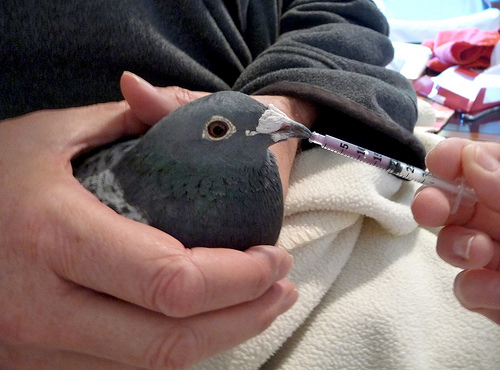 Requirements for medicating racing pigeons differ depending on each fancier’s specific situation. There is no hard and fast rule for medicating. Overall, medication should be given only if there is a specific reason for doing so.
Requirements for medicating racing pigeons differ depending on each fancier’s specific situation. There is no hard and fast rule for medicating. Overall, medication should be given only if there is a specific reason for doing so.
Situations in Which to Medicate
For fanciers who raise pigeons simply for their own personal enjoyment, who do not compete in races and who rarely bring in new blood, the need to medicate is very rare.
For others, like racing fanciers who have their birds mingling with large flocks of other pigeons every week during race season, and those birds being subjected to physical stress that the average domestic pigeon may never encounter, the need to medicate may arise more often.
Then there is the show fancier, which has different circumstances, as his birds are occasionally hauled long distances and kept in small cages. At times, these show birds are also being mixed with large numbers of other birds. A medication program would benefit these birds.
So, you can see that the medication requirements for each fancier’s flock are very different.
Disease Prevention and Health Maintenance
To keep the need to medicate your birds to the absolute minimum, there are several disease prevention and health maintenance practices you can establish:
Quarantine
Before introducing new or strange birds to your loft, quarantine them for three to four weeks. Many health problems in a fancier’s loft are a direct result of bringing in new birds without a time of quarantine.
Stock Selection
When selecting your new birds, look for healthy and sound breeding stock. If you purchase from a fancier who puts medication in his water every week to keep his birds healthy, you will need to do the same in order to keep your bird healthy. Actually, a bird dependent on medication isn’t healthy- it’s just staying alive.
Minimize Loft Stress
You can control a lot of the stress that results from loft confinement. Reducing stress on your birds can help them stay healthy naturally, minimizing the need for medication. Here are a few things you can do:
- Design your loft to protect from the heat, cold and drafts
- Properly feed and water
- Practice excellent sanitation
- Avoid overcrowding
An Ounce of Prevention is Worth a Pound of Cure
Every fancier should follow a disease prevention program, treating his birds on a regular basis for the most common pigeon diseases. This is absolutely necessary if your birds are ever exposed to birds from another loft or to wild pigeons.
Always be cautious with medicating. Over-medication can be as much of a problem as disease. Develop a sound, preventative and intelligent medication program, if your situation calls for it. Otherwise, medicate only with a purpose.


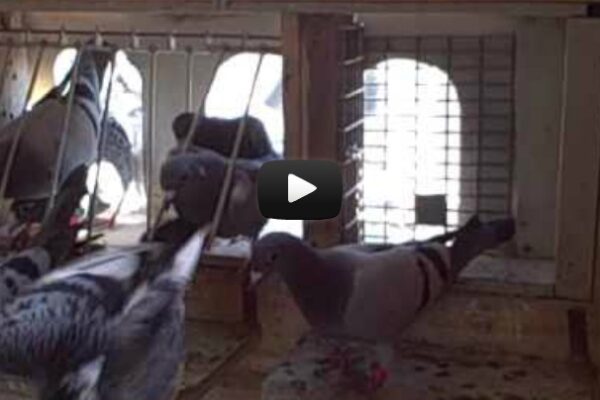


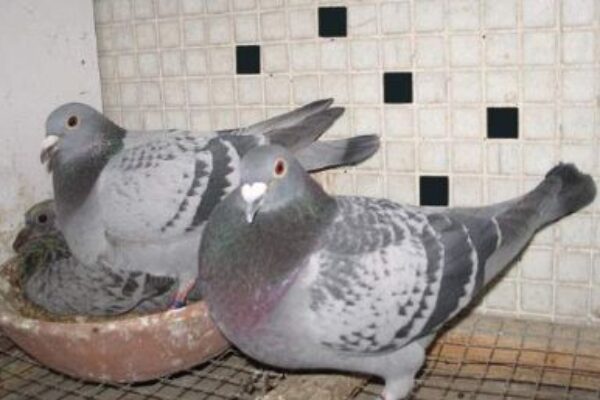
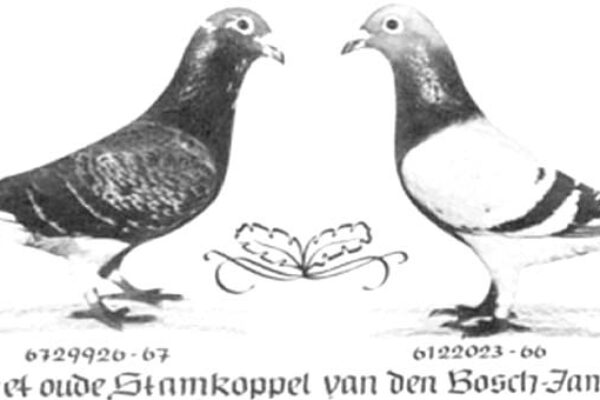
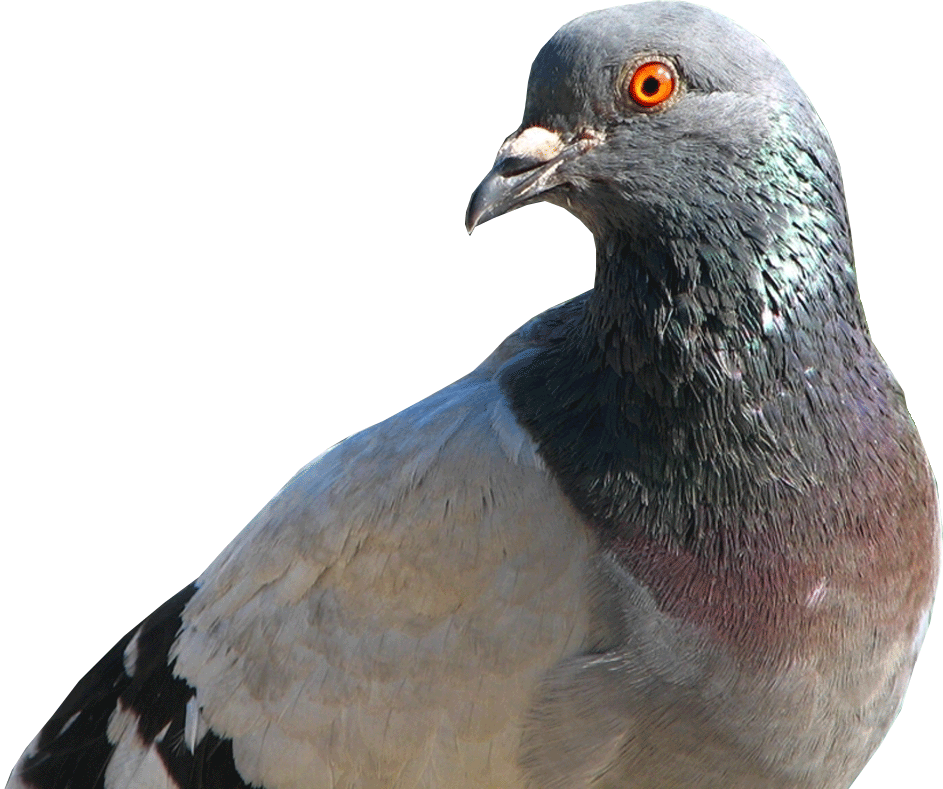
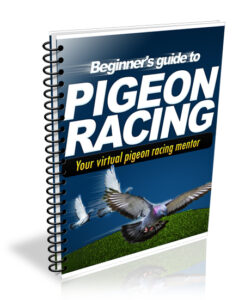
nice article